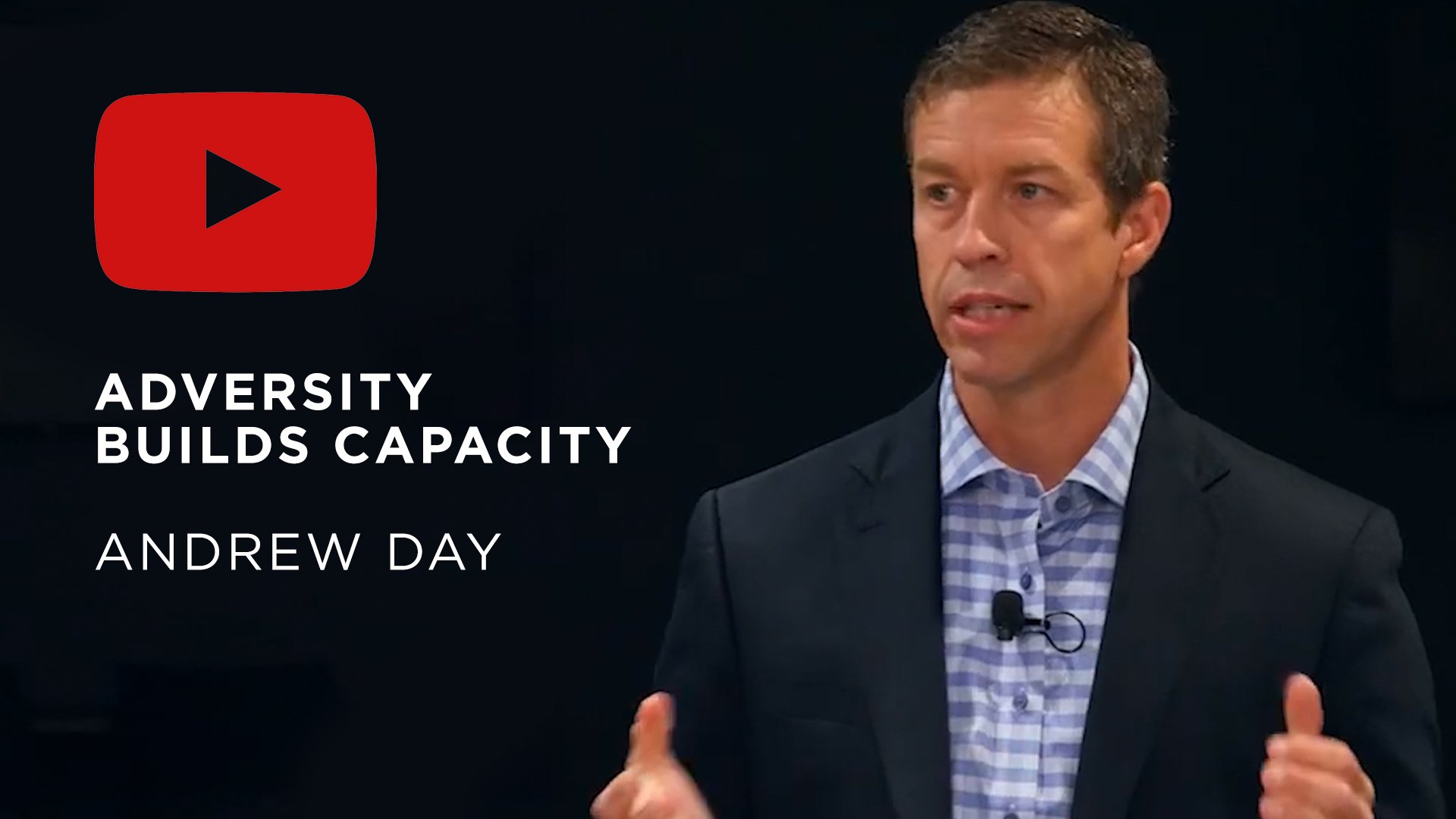
A cactus is generally unapproachable. You know this because most of them are covered in prickly spines that pierce the skin and hurt if you grab them. You wouldn’t want to hug one—it’ll leave scars.
Easy lessons are the ones where the stakes of failure don’t affect your ability to learn them. But not every lesson in life is easy. James 3:2 reminds us, “For we all stumble in many ways…”
We will all face our share of sharks in life and work. How should a leader handle an overwhelming difficulty?
Technology has us calling, texting, tweeting, swiping and posting to one another more than ever before. Yet so many of us are living lonely, siloed, solitary lives.
Did you get ripped off today? How about shouted down? Stuck in traffic? Something get broken at the house? A health issue came up? How do you respond when you have a bad day?
On the surface the story of Job may seem a cruel game. A faithful man, he suffers greatly, questions God, and receives God’s pointed response. How should we lead when faced with trials and difficulty?
There’s nothing wrong with being likeable and agreeable as a leader—but to a point. Likeability is not universal. No matter how focused a leader is on building relationships, exhibiting empathy and listening well, he will not be universally liked.
In today’s culture, we bicker, feud and fight with other Christ-followers. Arguments among God’s people are commonplace. But we can never argue anyone into an understanding of God. At best, this is a spiritual tangent.
Some people are energized when they have interesting news about someone else. They can’t wait to share “inside information”, especially if it paints someone else in a negative or surprising light.
Faith-centered leaders are challenged in our culture to live by their beliefs. They are called on to accept the ideologies of others that are diametrically opposed to what the Bible teaches. Jesus Himself spoke of this difficulty.
Fulfillment is the happiness or satisfaction that comes from developing one’s own abilities or character. A leader who knows his talents and skills are being put to good use and that he is growing personally and professionally has the mindset that he is stewarding his life well.
How do you react in the middle of a storm? I’m not talking about a hurricane of course, but the storms of life, business, family, health, finances, or difficult circumstances? We face storms every week of one sort or another.
Rejection is to spurn or refuse someone. Rejection can be good in the long run, but it still hurts. We feel a sting when it happens. Jesus Himself was often rejected. In fact, the Bible speaks often of rejection and how to handle it.
The coming new year is a natural time to look at how you can hone your leadership skills to bring success in the coming months.
Most people carry a load of baggage through life. Past mistakes, relationships, decisions, circumstances weigh us down. Here’s how to let go.
Patience is the recognition that things of value take time. One doesn’t become successful, or paint a masterpiece, or build a close-knit family, overnight. The response to the need for patience is persistence.
Undoubtedly we are more connected than ever before through electronic means. Yet our collective ability to navigate difficult conversations, especially conflict, is terrible. Perhaps our connections have become echo-chambers for groupthink.
Today, the US culture is more politically divided than at any point in our history. President John Adams’ prediction of a divided nation has come to pass, with two opposed political parties essentially splitting the country along divergent thought-lines.
You’ve seen the memes online urging you to put toxic people out of your life. They’re not for you. They suck your resources and energy. They burden your relationships. But Jesus gives us another approach…
Workplace conflict is common. Any disagreement can disrupt the flow of work. Conflict reduces productivity. But it can also be a disagreement between two individuals that affects relationships.
Life and business sometimes deal tremendous blows. A company goes under, a product launch fails to materialize, or a legal entanglement drags on. And let’s not forget the personal side of loss—a death, serious illness, or a relationship that goes south.
Alan Roger Mulally (1945 - ) is an American aerospace engineer and former President and CEO of the Ford Motor Company. He also served as Executive Vice President of Boeing and CEO of Boeing Commercial Airplanes. Mulally was No. 3 on Fortune’s list of the World’s Greatest Leaders.
What do Mark Cuban, Walt Disney, New York’s Mayor Bloomberg, Anna Wintour, Oprah, Madonna, Lee Iacocca and Coach Bill Belichick have in common? Before all of them became famous, successful and wealthy, they each experienced the same thing. They were fired.
“Do not be discouraged” is not just a motivational verse in Scripture, it is a command to recognize and deal with discouragement and depression in your life.
We might assume that a leader is always responsible for bringing people into harmony—a state where all parties are of one mind or final viewpoint. But this is not the nature of relationships nor within the ability of even a great leader to bring about.




























The smallest computer in 1962 weighed about three tons and consumed enough power to light up a city block. So NASA commissioned the engineers at MIT to do something unheard of.